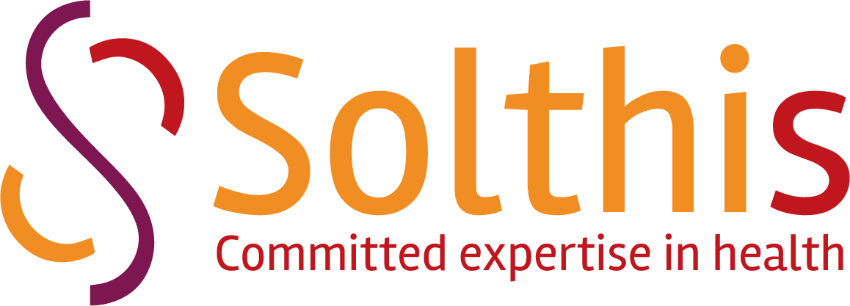June 2025 – june 2028
Benin
In 2023, in West and Central Africa (WCA), there were approximately 500,000 adolescents and young adults living with HIV (AYALHIV), representing over 10% of all people living with HIV (PLHIV). Inequalities, sexual and gender-based violence, discrimination, and harmful social norms increase the risk of HIV infection among adolescent girls and young women: around 4,000 of them are infected with HIV each week, the majority in sub-Saharan Africa. Adolescent girls and young women accounted for 20.2% of new HIV infections 3.6 times more than men. Despite the availability of more effective antiretroviral drugs, around 18,400 AYALHIV died from AIDS-related causes in 2022 in WCA, one of the highest figures in the world.
Some challenges:
Health services are not tailored to the specific needs of AYALHIV, making their transition to adult care difficult and poorly supported.
AYALHIV lack representation and support to empower themselves and make their voices heard in community and decision-making spaces.
General objective:
Improve retention in care and health of adolescents and young adults living with HIV, and support their integration into the community space.
Specific objective:
The specific objective of the project is to adapt and implement the supported and coordinated transition process model (PACTE) approach to facilitate the transition of AYALHIV from pediatric to adult healthcare services, by integrating sexual and reproductive health and rights (SRHR) through an inclusive and participatory approach in Benin and the Central African Republic (CAR).
It also aims to strengthen their empowerment and agency, reduce gender inequalities, and support their advocacy efforts by producing and disseminating evidence-based data and recommendations on their situation and needs.
Beneficiaries
-
More than 45 healthcare providers and 55 peer educators will benefit from capacity-building initiatives.
-
More than 68 healthcare providers and 55 peer educators will receive coaching and ongoing support.
-
195 AYALHIV in Benin and 169 AYALHIV in the Central African Republic will benefit from support for entering the workforce.
-
2 AYALHIV associations, 6 pediatric care sites, and 7 adult care sites are involved.
Results
-
- Healthcare providers and peer educators are strengthened in implementing the PACTE approach, capable of leading it sustainably and contributing to skills transfer.
-
The PACTE is operational in partner care sites, implemented under good conditions, and promoted at the national level.
-
AYALHIV take ownership of the project and actively participate in all stages of its implementation.
-
AYALHIV are effectively represented at national and international levels and are able to lead advocacy efforts.
-
The specific needs of AYALHIV are taken into account by decision-makers at both national and international levels.







